Making Mediterranean Water, Energy Security a Reality
The road to water security and renewables in the Mediterranean requires cooperation.
Water and energy are fundamentally interdependent, shaping the socioeconomic and environmental landscape of the Mediterranean. According to the International Renewable Energy Agency (IRENA), the region has immense potential to develop renewable energy sources (RES), including solar, wind, and green hydrogen production. With its sunny coastlines and steady sea breezes, the region can meet its energy needs while reducing its dependence on fossil fuels and mitigating the impacts of climate change.
Yet, achieving this requires overcoming numerous technical, economic, and political challenges, as well as steering the complex interplay of interests and priorities over water usage among Mediterranean countries. Countries in the region vary widely in their access to water and energy, and there are often competing priorities between agriculture, industry, and residential use, which raises essential questions about resource equity and cooperation.
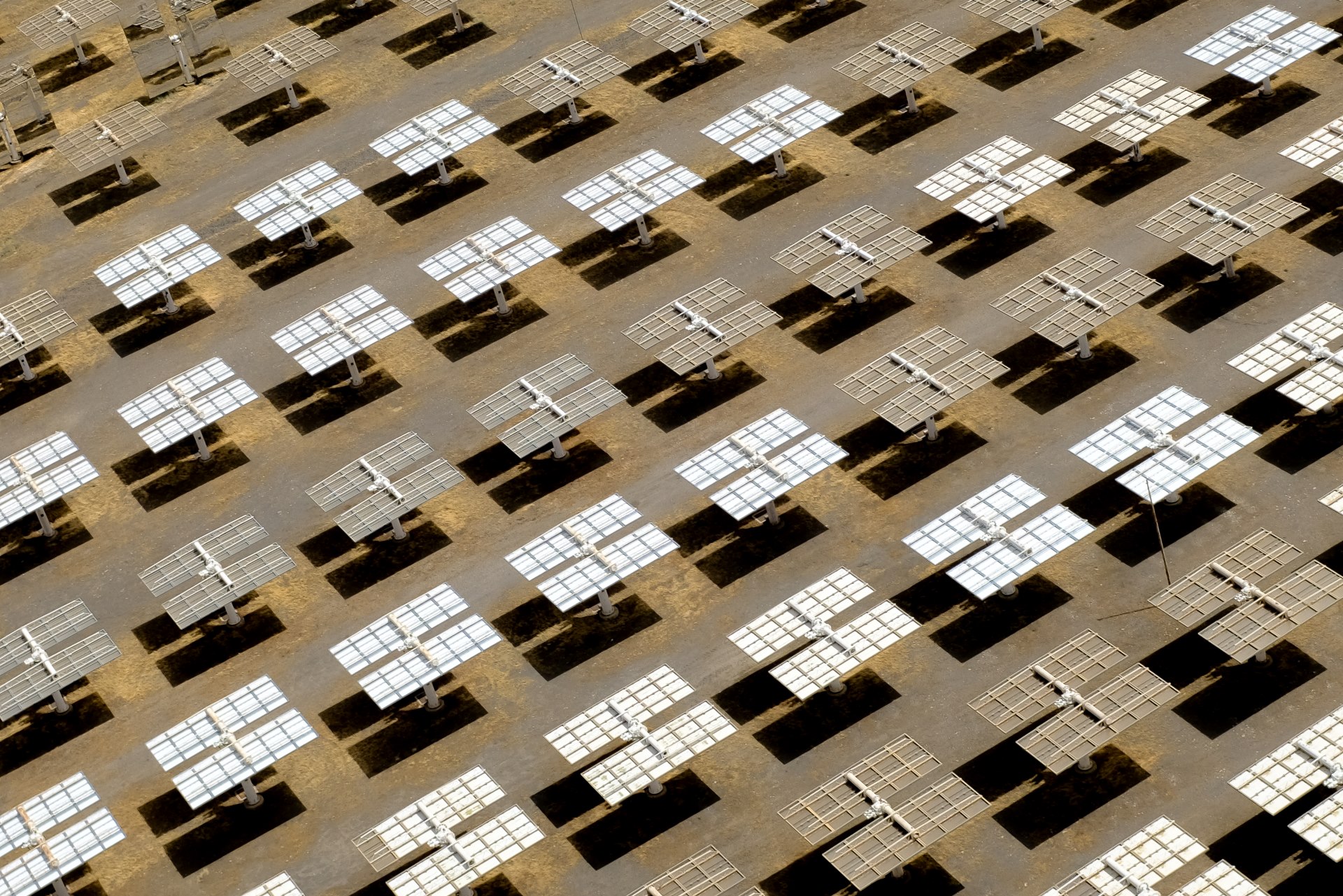
Approximately 20 million people in the Mediterranean lack access to drinking water, highlighting the urgency of this issue, which is exacerbated by increasing demand for energy due to population growth and industrial use. To overcome this challenge, it is important to understand how to distribute water through effective planning, along with key decisions made by energy companies in the region. There needs to be a circular approach on how to manage water in the Mediterranean and at the same time, clean energy should be favored in the solution.
Renewable energy systems, especially green hydrogen production, require large amounts of fresh water for electrolysis and cooling methods. With the growing number of renewable energy projects in the region, water needs are often neglected in energy planning, with companies focusing on production goals without fully assessing long-term impacts of excessive water usage. A circular approach, where resources are continuously recycled and reused within a closed-loop system, could offer a more sustainable solution, creating synergy between water management and renewable energy goals. In this circular framework, water conservation, recycling, and efficient allocation would be central to clean energy planning. Instead of relying on a one-way flow of resources, Mediterranean countries could adopt common integrated water management practices that prioritize reuse and minimize wastage.
The growing challenge of water scarcity
Water scarcity is a defining feature of the Mediterranean, with the region facing chronic shortages exacerbated by climate change and population growth. Agriculture accounts for a significant portion of freshwater usage, putting pressure on already strained resources. Furthermore, pollution from industrial and domestic sources threatens both surface and groundwater quality, compromising ecosystems and human health. Conflicts over shared water resources, such as the Jordan River and the Tigris-Euphrates basin, add another layer of complexity to the challenge of water security in the region with a dramatic effect on geopolitics that have been shaped by issues around access to water.
According to the World Resources Institute, water stress will reach its peak in regions such as the Middle East and North Africa (MENA) by 2050. However, this issue is not confined solely to the MENA region; southern European countries like Spain and Malta are also experiencing significant challenges due to dwindling water supplies.
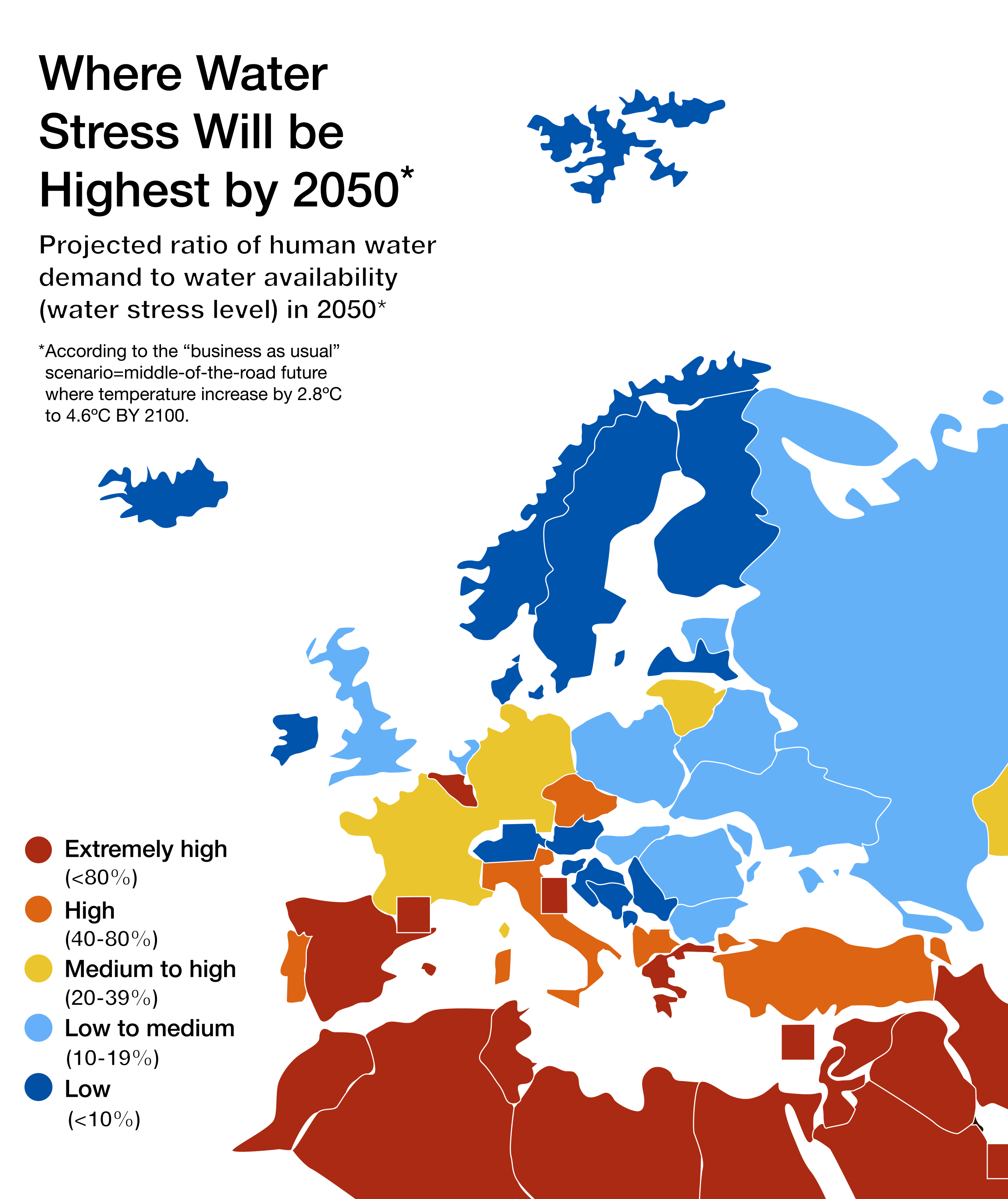
In the Mediterranean, the reliance on energy-intensive industries, coupled with limited freshwater availability, accentuates the correlation of water security and clean energy objectives. Therefore, strategies aimed at mitigating water stress must also consider the implications for energy systems, promoting synergies between water and energy management efforts to achieve sustainability goals.
Desalination, which involves removing salt from seawater and filtering it to produce quality freshwater, is often considered by water experts as a promising solution to the growing water scarcity in the Mediterranean, especially for coastal areas where freshwater resources are increasingly limited. Spain has been a pioneer in the process of water desalination since the 1960s and is currently fifth in the world in terms of installed desalination plants. Across the sea, Algeria is also advancing in its comprehensive water security strategy by planning to build new seawater desalination plants in the next five years.
Throughout the history of its implementation in the Mediterranean, the major limiting factor of desalination has been that it requires large amounts of energy, which in turn raises the cost of producing water. Solar-powered desalination plants, for instance, have the potential to provide freshwater in areas where traditional water resources are scarce, while avoiding the high carbon emissions associated with conventional desalination methods. This approach also opens opportunities for technological innovation and investment in energy-efficient water management systems, which can further reduce resource strain.
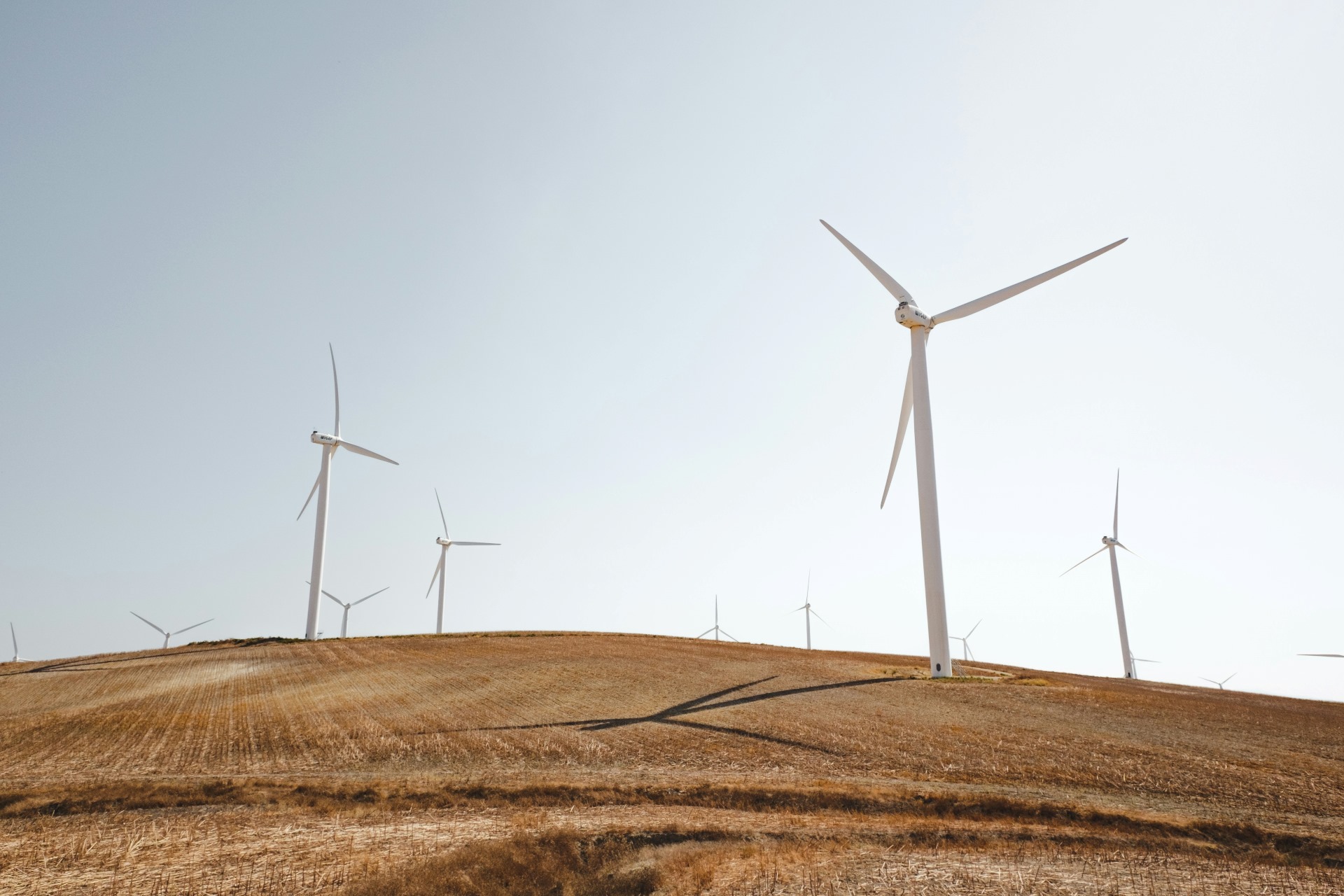
On the other side of the Mediterranean, Egypt is also making substantial strides to address water scarcity with a bold investment from the Egyptian Sovereign Wealth Fund. By 2025, Egypt plans to secure $2.5 billion in new financial partnerships dedicated to building 17 seawater desalination plants, all powered by solar energy, to provide a stable drinking water supply for Egyptians. Both Algeria and Egypt demonstrate a forward-thinking approach by integrating renewable energy into desalination processes, aiming to lower costs, reduce carbon emissions, and ensure sustainable water resources. Achieving these synergies, however, requires comprehensive policy reforms and collaborative frameworks that go beyond national borders.
Mediterranean countries need to establish transnational agreements that coordinate water and energy initiatives, prioritizing projects that reduce competition for these critical resources and enhance resilience against climate impacts. Additionally, regional institutions can play a crucial role in facilitating knowledge-sharing and funding opportunities for cross-sector projects that support integrated water and energy solutions.
From another perspective, water scarcity can be seen as a major source of conflict in the world and particularly among Mediterranean nations. Since the 19th century there have been over 140 documented water conflicts in the region, highlighting its critical role as a resource that can quickly heighten tensions both within and between nations. Water can be wielded as a tool of power, with hostile groups potentially seizing, damaging, or rerouting water supplies and infrastructure to achieve their goals.
Mediterranean countries need to establish transnational agreements that coordinate water and energy initiatives, prioritizing projects that reduce competition for these critical resources and enhance resilience against climate impacts.
The scarcity of freshwater resources is especially pronounced in the eastern Mediterranean, where disputes over access to critical rivers and aquifers have created longstanding tensions. Water insecurity in this region, compounded by erratic rainfall and over-extraction, has the potential to drive confrontations, exacerbate inequality, and even shape geopolitical alliances.
A specific example of such conflict is the long-standing tension between Türkiye, Syria, and Iraq over the Tigris and Euphrates rivers. These rivers originate in Türkiye, flowing downstream into Syria and Iraq, making Türkiye’s water policies crucial for its neighbors. Over the years, Türkiye´s construction of dams like the Ilisu Dam on the Tigris has drawn criticism and protests from Iraq and Syria, who depend on these rivers for drinking water, agriculture, and hydropower.
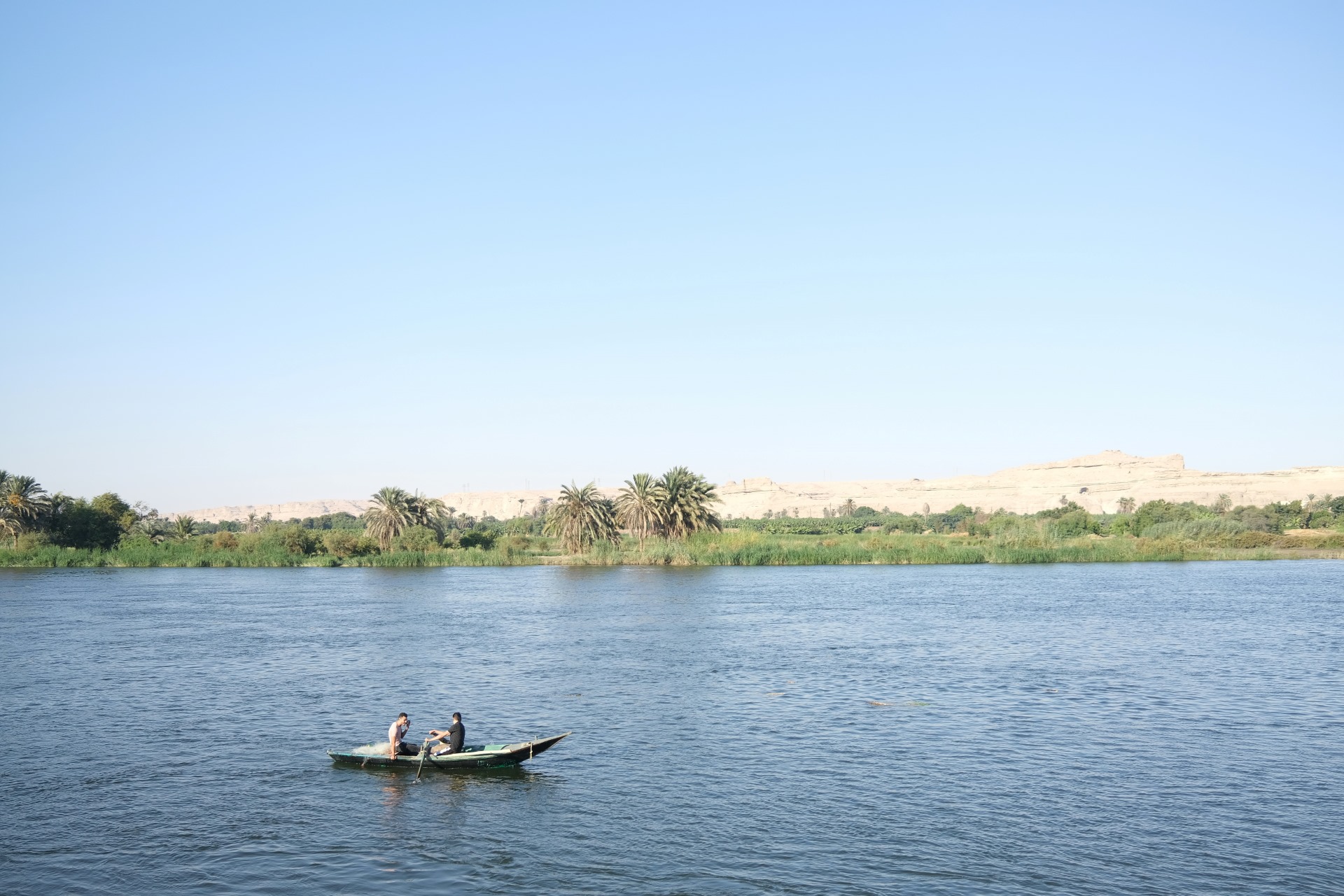
Türkiye’s Southeastern Anatolia Project (GAP), a large-scale irrigation and hydropower initiative, has further heightened regional strain, as it diverts significant water volumes, reducing flow downstream and impacting the agricultural and drinking water supplies of the other nations. This control over water resources provides Türkiye with a powerful influence over its downstream neighbors, potentially giving it leverage in broader regional negotiations.
The Tigris-Euphrates water dispute reflects the broader challenges faced by Mediterranean countries as climate change intensifies droughts, decreases precipitation, and drives greater competition for diminishing resources. In this context, water becomes not only a necessity but a tool for political maneuvering. As water resources grow scarcer, the likelihood of similar disputes could increase, underscoring the urgent need for transboundary agreements and cooperative resource management to avoid further escalation.
The imperative of clean energy integration
Concurrently, the Mediterranean faces the imperative of transitioning towards clean and renewable energy sources to mitigate climate change and reduce dependency on fossil fuels. RES deployment in the region remains uneven, constrained by regulatory barriers, grid limitations, and financing challenges. Countries like Spain and Italy have made strides in renewable energy adoption, but southern mediterranean countries lag behind, relying heavily on imported fossil fuels.
Mediterranean countries struggle with inequitable access to water and energy, which complicates cooperation and sometimes escalates into water conflicts.
Technology innovation plays a pivotal role in driving progress, offering solutions such as digital water management systems and hybrid renewable energy technologies that amplify the synergies between water and RES. However, a comprehensive approach to water and energy security in the Mediterranean must also consider the vital role of community involvement and public awareness. Indeed, encouraging local communities to adopt water-saving practices and renewable energy technologies can significantly enhance resource efficiency at the grassroots level.
Education and awareness campaigns, incentives for sustainable practices, and local training initiatives could empower citizens, and especially students, to contribute actively to water and energy conservation efforts. Additionally, involving communities in decision-making processes for resource management ensures that policies are tailored to local needs and realities, which can lead to higher rates of compliance and success in local water-related projects. Engaging civil society organizations and local governments in these initiatives can help bridge the gap between high-level policy goals and everyday actions that contribute to water and energy sustainability.
Given the financial constraints many Mediterranean nations face, establishing partnerships with international climate funds, development banks, and private sector stakeholders will be essential to overcome budgetary limitations.
Furthermore, financing sustainable water and energy projects will be critical for the success of this integrated approach. Public-private partnerships can be instrumental in mobilizing the resources needed to modernize infrastructure, support technological innovation, and expand access to clean energy solutions across the Mediterranean. Given the financial constraints many Mediterranean nations face, establishing partnerships with international climate funds, development banks, and private sector stakeholders will be essential to overcome budgetary limitations. These partnerships can also facilitate the transfer of expertise and technology, ensuring that Mediterranean countries have access to the latest innovations in water and energy management.
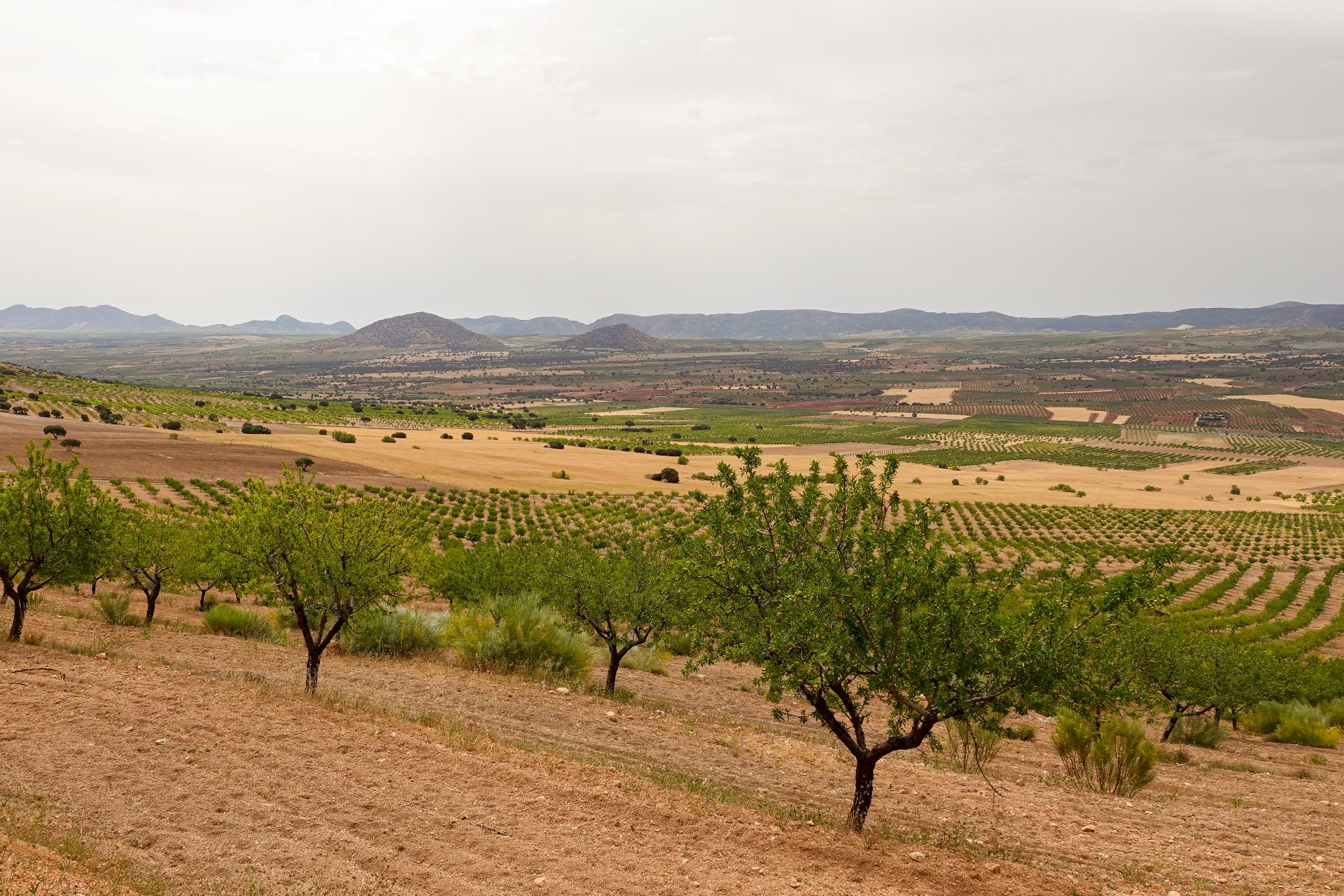
The quest for water security and clean energy integration in the Mediterranean swings between the vision of a sustainable future and the stark reality of persistent challenges. On one hand, the Mediterranean’s vast solar and wind resources, coupled with green hydrogen, promise a pathway to reduce dependence on fossil fuels; and, on the other hand, innovations like solar-powered desalination offer hope for alleviating water scarcity without exacerbating emissions.
Yet, this vision can often feel like a mirage, as political divisions, resource competition, and financial constraints delay progress. Mediterranean countries, while rich in natural resources, struggle with inequitable access to water and energy, which complicates cooperation and sometimes escalates into water conflicts as scarcity intensifies competition over limited resources.
On a deeper level, this journey toward integration serves as a critical milestone, highlighting the interdependence between water and energy—an insight essential for tackling climate resilience on a regional scale. As Mediterranean countries attempt to balance water conservation with clean energy production, they are forced to confront the underlying need for cooperation and policy alignment. Public-private investments, transnational agreements, and community engagement are the pillars needed to elevate this vision from a distant dream to a concrete milestone, allowing the Mediterranean to lead by example.